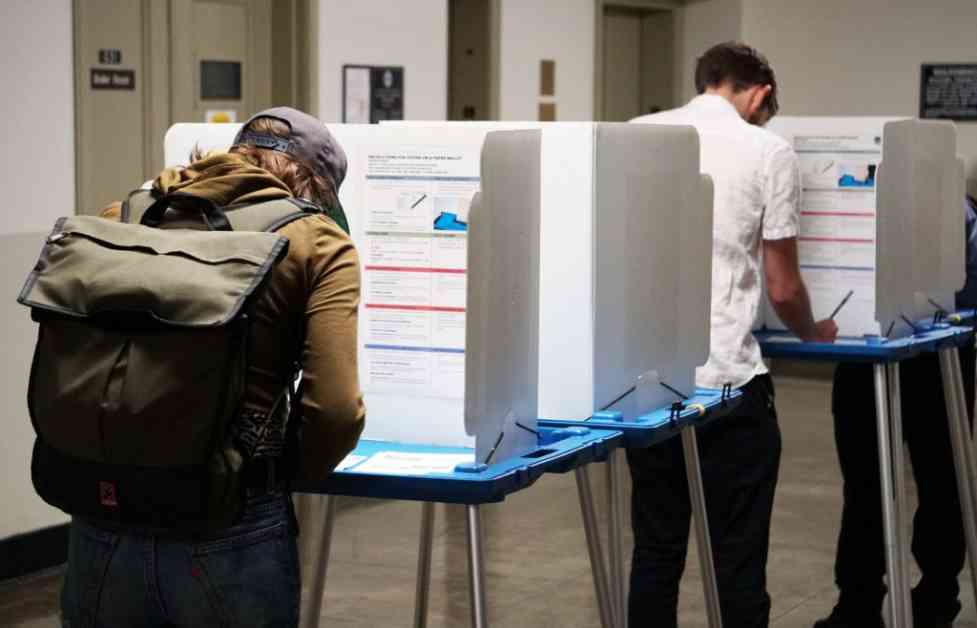Boosting Student Voter Turnout: The Role of Nonprofits
Every election cycle, there are challenges in getting certain groups of people to vote. Younger and more diverse voters tend to have lower voter turnout rates compared to other groups. Structural barriers and a lack of prioritization by candidates and campaign strategists can contribute to this disconnect.
Low turnout among younger and more multicultural voters not only reflects issues in our democracy but also hinders progress towards a more representative and responsive society and economy. When these groups do vote, they often support policies that focus on economic security, such as increased public investment in child care, education, affordable housing, and transportation. When they don’t vote, our democracy and society suffer.
California cities like Oakland and Berkeley are taking steps to engage high school student voters as young as 16 and 17 by allowing them to register and vote in local school board elections. This initiative aims to establish voting habits early on, as voting is a habit that tends to continue once started.
Political campaigns are typically focused on winning elections and may neglect hard-to-reach and hard-to-mobilize groups like eligible high school and college students. This is where nonprofit organizations can play a crucial role. Nonprofits are increasingly involved in students’ lives through various programs and services, and they can help increase voter turnout among young, diverse, and low-income voters in a nonpartisan manner.
Research shows that when voters are encouraged to vote by nonprofit leaders they have relationships with, turnout rates increase significantly, especially among young voters and voters of color. Nonprofits can make a difference by getting people registered to vote and reminding them that their vote matters.
Encouraging all eligible voters to participate in the upcoming election can have a significant impact. Nonprofits can help create a virtuous engagement cycle where increased turnout leads to more attention from campaigns, further engaging voters and boosting turnout rates.
As we approach the 2024 election cycle, it is crucial to focus on increasing voter turnout and creating new habitual voters. Nonprofits can make a difference by emphasizing the importance of voting and the impact each vote can have. By reaching out to disengaged youth voters and reminding them that their voices matter, nonprofits can play a vital role in boosting student voter turnout.
Robb Smith and Henry A. J. Ramos, authors of “Promoting Nonpartisan Multicultural Youth Get-Out-The-Vote Activities,” emphasize the importance of nonprofit engagement in increasing voter turnout among diverse groups. Their insights highlight the potential impact nonprofits can have in shaping a more inclusive and participatory democracy.
In conclusion, nonprofit organizations play a crucial role in boosting student voter turnout by engaging with young, diverse, and low-income voters in a nonpartisan manner. By encouraging voter registration and emphasizing the importance of each vote, nonprofits can help create a more representative and responsive democracy. As we look ahead to future election cycles, it is essential to continue supporting efforts to increase voter turnout and cultivate a culture of civic engagement among all eligible voters.




















